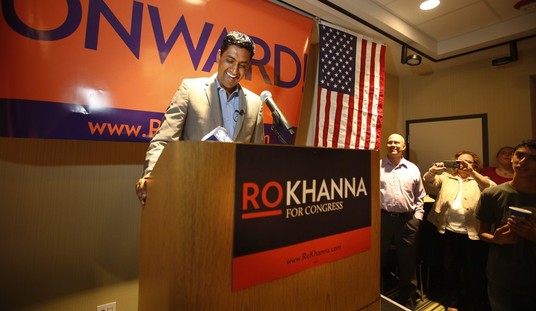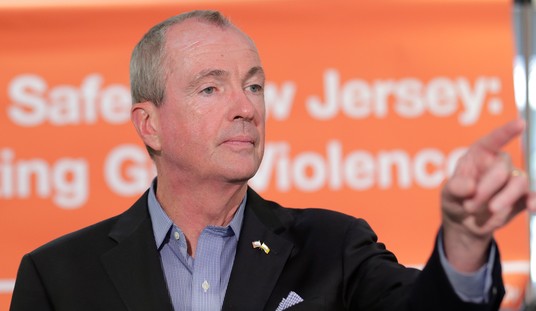Who said oral arguments and questions aren’t useful for Supreme Court cases? A new Rasmussen poll shows approval ratings for the Supreme Court hitting a level not seen since 2009 after the intense coverage of oral arguments and questions from the justices in the ObamaCare cases held two weeks ago:
Just before the highly publicized hearing on the constitutionality of President Obama’s health care law, ratings for the U.S. Supreme Court had fallen to the lowest level ever measured by Rasmussen Reports. Now, following the hearings, approval of the court is way up.
Forty-one percent (41%) of Likely U.S. Voters now rate the Supreme Court’s performance as good or excellent, according to a new Rasmussen Reports national telephone survey. That’s up 13 points from 28% in mid-March and is the court’s highest ratings in two-and-a-half years.
Nineteen percent (19%) still rate the court’s work record as poor, unchanged from last month.
Let’s take a look at the internals of both the March and April polls to see the changes. In March, 30% of Republicans rated the court as excellent or good, with 63% rating it as fair or poor. Democrats were harsher in their critique at 26/66, close to independents’ 26/62, but all roughly within the margin of error. This month, Democrats give the court a slightly worse 26/71, but Republicans now give the court a 54/41 positive rating, and independents a substantially improves 42/52.
Some of the other demographic changes are interesting as well. A month ago, both men (25/68) and women (29/61) were deeply skeptical of the court’s performance. Today, the court has improved among both — men at 43/55, women to 40/53, significant improvements both. Approval has jumped among self-described conservatives from 30/64 to 60/35, while liberals went from a sour 30/60 to an even more sour 21/77. Even the standing among moderates improved a bit, from 26/66 to 34/61.
This has some serious political implications, at least in the short term. Some ObamaCare supporters have argued for impeaching the Supreme Court justices who vote to overturn the law, or have argued for imposition of term limits as a result of the decision. Barack Obama opened up a line of pre-emptive attack that has received deafening criticism. If these numbers hold up in an overturning of ObamaCare, attacking the Supreme Court looks like a very bad political play — even if it’s the only line of attack left. The uptick in approval from independents shows that going on an offensive against the Supreme Court could very well marginalize Obama among unaffiliated voters and become a big electoral handicap for Obama in the fall — which he hardly needs this year as it is.







Join the conversation as a VIP Member